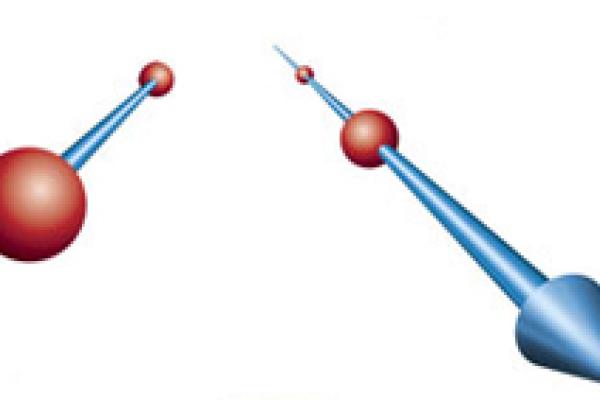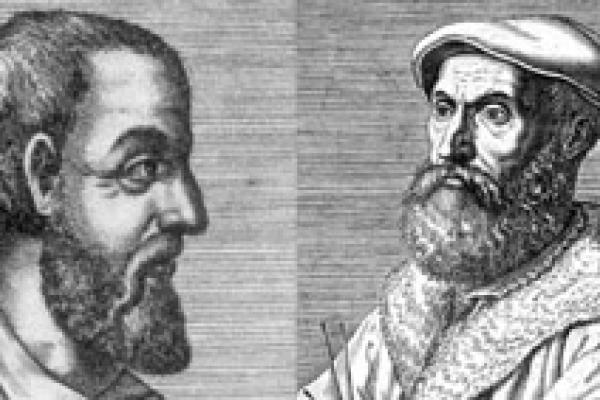Article


Maths in a minute: Euclid's axioms
Five basic facts from the father of geometry.

Five basic facts from the father of geometry.

This series of accessible articles traces the history of quantum field theory, from its inception at the beginning of the twentieth century to the tantalising questions that are still open today.

